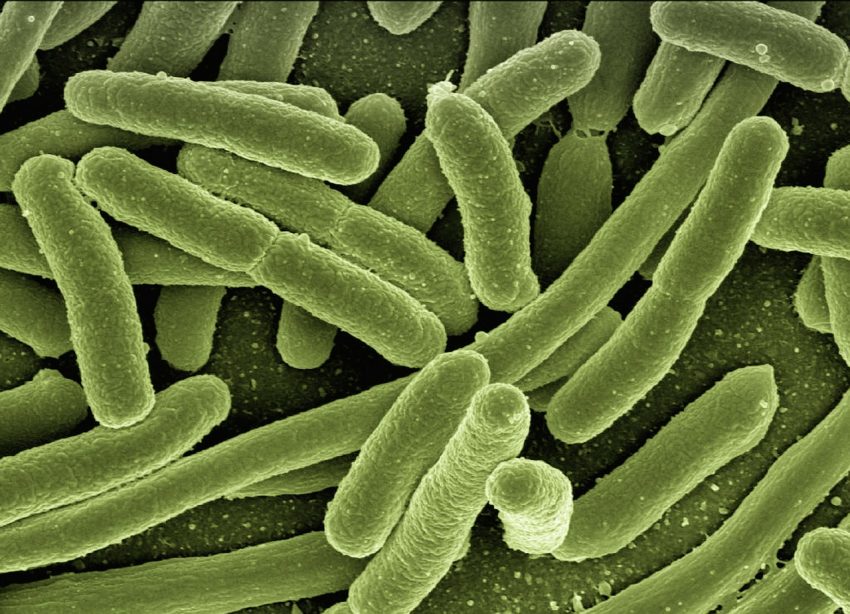According to an international team of researchers, bacteria have a “memory” that transmits sensory knowledge from one generation of cells to another, all without a central nervous system or neurons.
Just as knowledge is transmitted from generation to generation, bacteria also have memories inherited from their “parents”. And all without central nervous system or neurons. “This is a huge surprise for us,” said Gerard Wong, lead author of the study. This discovery will provide a better understanding of infections caused by bacterial biofilms in people with cystic fibrosis.
The team studied a strain of bacteria called Pseudomonas aeruginosa, which forms biofilms in the airways of people with cystic fibrosis. It causes persistent infections that can be life threatening. Bacterial biofilms can also form on surgical implants, such as an artificial hip, causing implant failure. These biofilms here consist of genetically identical bacterial cells that can colonize almost any surface and form communities in which individual cells organize and cooperate.
To analyze this process, scientists used a method of tracking multigenerational cells – among other data analysis techniques – including one more commonly used to measure height in music. It is this innovative approach that has revealed the new discovery: bacteria detect and remember via a rhythmic pattern, which allows them to irreversibly attach to a surface and form a biofilm.
“The first step in forming a biofilm is for the bacteria to feel the surface and develop the binding capacity,” says Calvin Lee, co-author of the study. “For the first time, we have been able to track the behavior of entire lineages of individual cells, and we have discovered that descendants can remember the surface detection signals of their ancestors.”
APRIL 10, 2018

